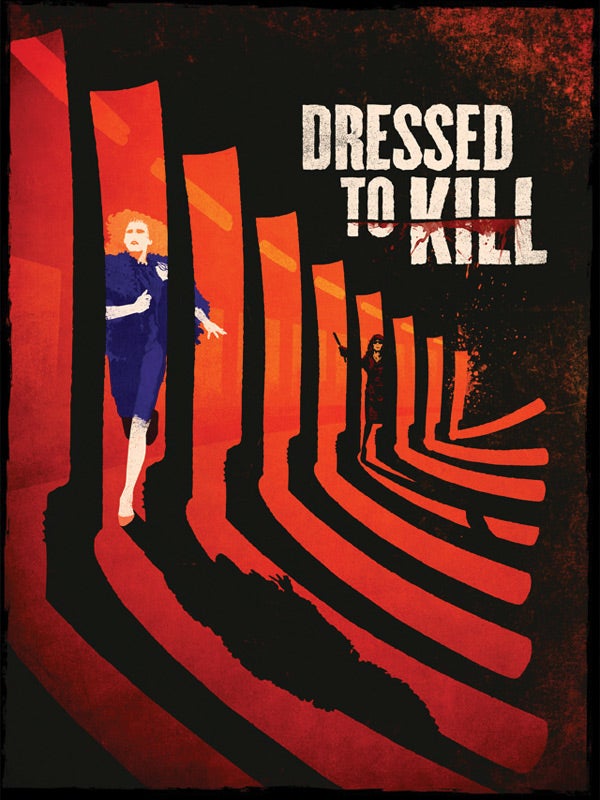“Dressed to Kill”: The Danger of Narrative
Depending on whom you ask, Brian De Palma’s 1980 thriller Dressed to Kill is either a brilliant reworking of Hitchcock’s Psycho (1960) or a cheap style-over-substance rip-off. From IMDb message board shouting matches to painstakingly nuanced scholarly reappraisals, the debate (as part of a larger one regarding De Palma’s body of Hitchcockian films) survives in one form or another 35 years later. Yet what interests me, having viewed Dressed to Kill for the first time only recently, is the relative (not total) and conspicuous silence surrounding what should be a more important cinematic appropriation: the film’s representation of transgender identity.
“Dressed to Kill”: The Danger of Narrative Read More »
Depending on whom you ask, Brian De Palma’s 1980 thriller Dressed to Kill is either a brilliant reworking of Hitchcock’s Psycho (1960) or a cheap style-over-substance rip-off. From IMDb message board shouting matches to painstakingly nuanced scholarly reappraisals, the debate (as part of a larger one regarding De Palma’s body of Hitchcockian films) survives in one form or another 35 years later. Yet what interests me, having viewed Dressed to Kill for the first time only recently, is the relative (not total) and conspicuous silence surrounding what should be a more important cinematic appropriation: the film’s representation of transgender identity.





